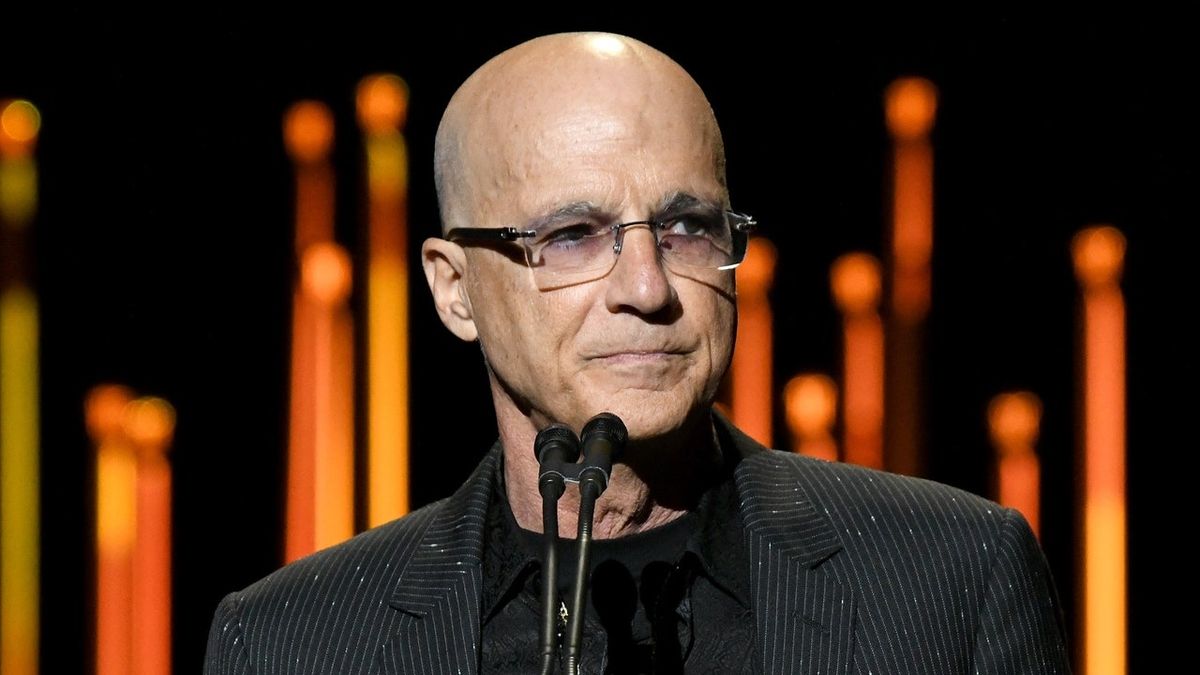In the ever-pulsating heart of New York’s legal and entertainment spheres, a story unfolded that seemed poised to shake the foundations of the music industry. Yet, as quickly as it erupted, it vanished, leaving more questions than answers. At the center of this narrative is Jimmy Iovine, a name that resonates with influence and controversy alike. Once accused in a lawsuit that promised to challenge his legacy, today, Iovine finds himself unburdened by these legal shackles. But what led to this sudden withdrawal, and what does it signify for the parties involved and the broader conversation around accountability in the entertainment industry?
A Glimpse into the Allegations
Last November, the New York County Supreme Court became the stage for a grievous accusation against Jimmy Iovine, co-founder of Interscope Records and a titan in the music world. The plaintiff, whose identity remained shielded from the public eye, charged Iovine with offenses that date back to 2007, including sexual abuse, forcible touching, sexual harassment, and retaliation. These serious allegations were not just a challenge to Iovine’s personal reputation but cast a long shadow over his illustrious career, highlighted by his induction into the Rock & Roll Hall of Fame and his entrepreneurial success with Beats Electronics.
The Legal Labyrinth
The lawsuit’s backbone was the New York’s Adult Survivors Act, a legislative beacon that temporarily lifted the statute of limitations for sexual assault cases, allowing survivors to seek justice for crimes that would have otherwise been buried by time. This legal provision opened a window for the plaintiff to move against Iovine, a maneuver that could have set a precedent for similar cases in the industry. Yet, the anticipated legal battle never fully materialized. On February 15, the lawsuit was discontinued with prejudice, a legal term indicating that the case cannot be refiled, and this conclusion was reached without any costs incurred by either party. The woman’s lawyer stated that the matter was resolved to the parties’ satisfaction, a vague denouement that leaves room for interpretation but no room for further legal action.
Implications and Unanswered Questions
The abrupt end to this lawsuit raises a myriad of questions. Was a settlement reached behind the closed doors of negotiation, offering a resolution outside the public eye? Or did the plaintiff retreat, possibly daunted by the prospect of challenging a figure as powerful as Iovine in court? The answers remain obscured, much like the details of the allegations themselves. What is clear, however, is the significance of this case in the broader dialogue about power dynamics and accountability within the entertainment industry. It underscores the potential of legislation like the Adult Survivors Act to empower survivors, even as it highlights the challenges they face in confronting influential figures.
The discontinuation of the lawsuit against Jimmy Iovine might mark the end of this particular legal skirmish, but it does not close the book on the critical issues it brought to the forefront. As the music industry continues to grapple with its complex relationship with power and misconduct, the echoes of this case will resonate, prompting reflection, conversation, and, ideally, change. For now, Jimmy Iovine steps back into the limelight unscathed, his legacy intact but not unexamined, a reminder of the intricate dance between justice, power, and reputation in the court of public opinion and the court of law.





